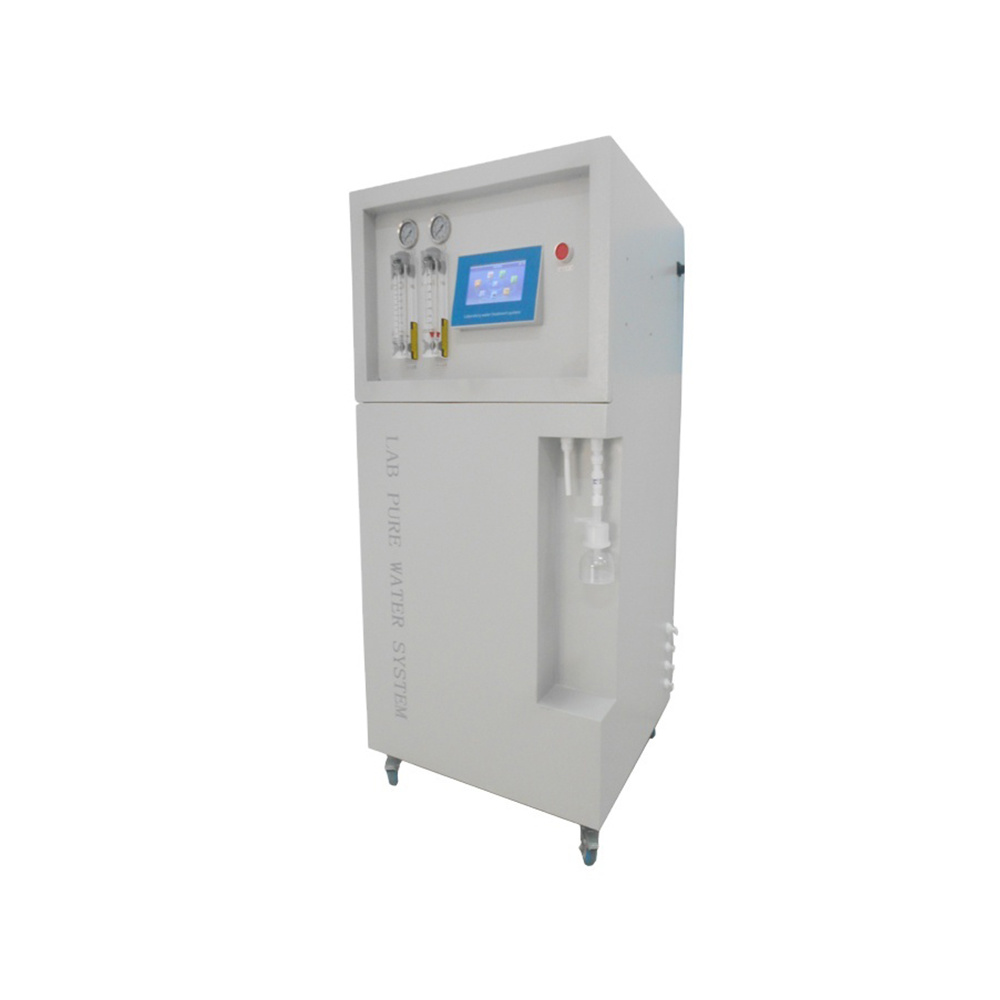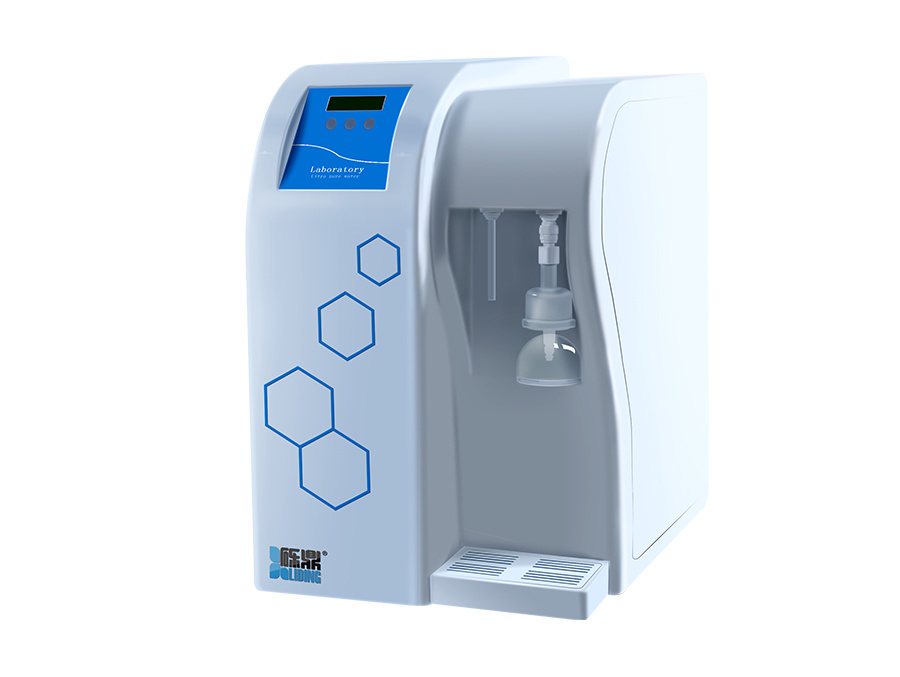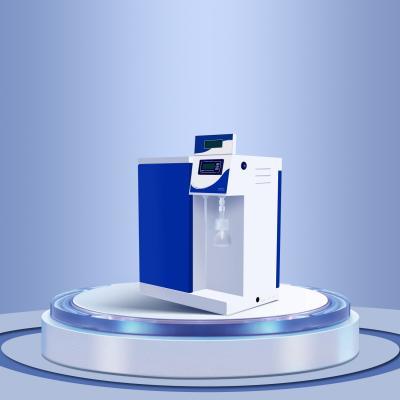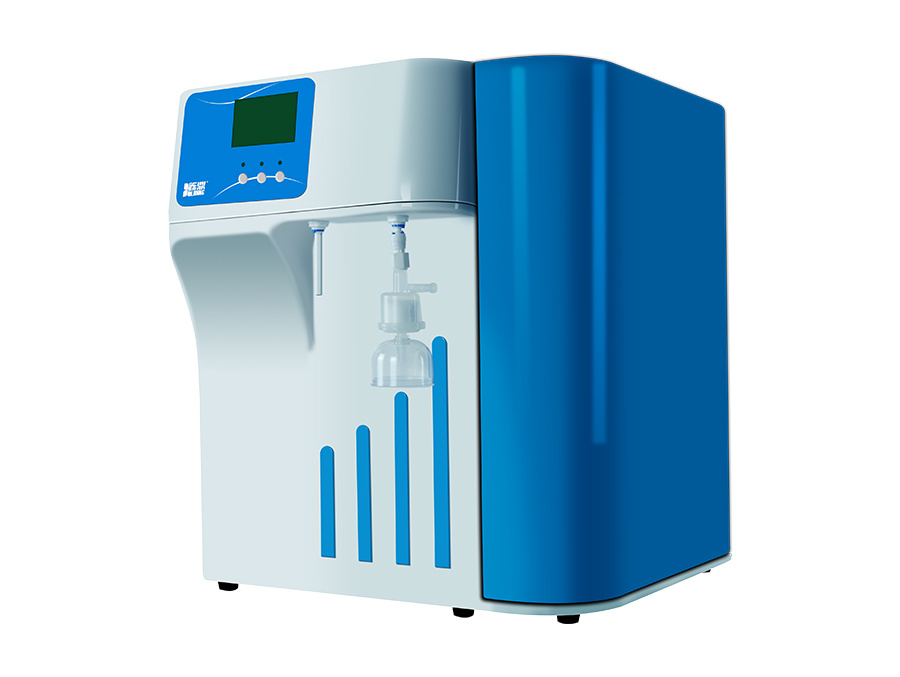Understanding Ultrapure Water Purification Systems: Essentials for Industrial Applications
Time:
Aug 03,2025
Ultrapure water purification systems are essential components in various industrial processes, especially in sectors such as pharmaceuticals, electronics, and food and beverage production. These systems are designed to produce water of extremely high purity, with contaminant levels reduced to parts per billion or even trillion. The significance of such systems cannot be overstated, as the quality of water directly influences product quality, production efficiency, and compliance with regulatory standards.
One of the primary technologies used in ultrapure water purification is reverse osmosis (RO). This process employs a semi-permeable membrane to remove a wide range of contaminants, including salts, organics, and microorganisms. Following reverse osmosis, additional purification steps like deionization (DI) and ultraviolet (UV) disinfection are often implemented. Deionization removes ionized salts and minerals, while UV treatment effectively neutralizes bacteria and viruses, providing an extra layer of safety.
Another critical aspect of ultrapure water systems is the monitoring and control of water quality. Advanced systems include real-time monitoring technologies that measure parameters such as conductivity, total organic carbon (TOC), and pH levels. This continuous monitoring ensures that the water quality remains within the required specifications, allowing for immediate corrective actions if any deviations occur.
In industrial applications, ultrapure water is not only vital for manufacturing processes but also plays a crucial role in research and development. For instance, in the semiconductor industry, the presence of even trace contaminants can lead to defects in microchips, resulting in significant financial losses. Therefore, ultrapure water purification systems are tailored to meet the stringent demands of such industries, ensuring the highest levels of purity.
Moreover, the operational efficiency of ultrapure water systems is enhanced through advanced filtration technologies such as microfiltration and ultrafiltration. These processes remove larger particles and colloids, further contributing to the overall purity of the water. The integration of these technologies can significantly reduce the load on reverse osmosis membranes and extend their lifespan, translating to lower maintenance costs and improved system reliability.
In conclusion, ultrapure water purification systems play a critical role in various industrial sectors where water quality is paramount. By employing a combination of technologies and continuous monitoring, these systems ensure the delivery of high-quality water that meets the stringent requirements of modern manufacturing and research processes. Investing in such systems not only enhances product quality but also supports regulatory compliance, thereby contributing to the overall success of industrial operations.
One of the primary technologies used in ultrapure water purification is reverse osmosis (RO). This process employs a semi-permeable membrane to remove a wide range of contaminants, including salts, organics, and microorganisms. Following reverse osmosis, additional purification steps like deionization (DI) and ultraviolet (UV) disinfection are often implemented. Deionization removes ionized salts and minerals, while UV treatment effectively neutralizes bacteria and viruses, providing an extra layer of safety.
Another critical aspect of ultrapure water systems is the monitoring and control of water quality. Advanced systems include real-time monitoring technologies that measure parameters such as conductivity, total organic carbon (TOC), and pH levels. This continuous monitoring ensures that the water quality remains within the required specifications, allowing for immediate corrective actions if any deviations occur.
In industrial applications, ultrapure water is not only vital for manufacturing processes but also plays a crucial role in research and development. For instance, in the semiconductor industry, the presence of even trace contaminants can lead to defects in microchips, resulting in significant financial losses. Therefore, ultrapure water purification systems are tailored to meet the stringent demands of such industries, ensuring the highest levels of purity.
Moreover, the operational efficiency of ultrapure water systems is enhanced through advanced filtration technologies such as microfiltration and ultrafiltration. These processes remove larger particles and colloids, further contributing to the overall purity of the water. The integration of these technologies can significantly reduce the load on reverse osmosis membranes and extend their lifespan, translating to lower maintenance costs and improved system reliability.
In conclusion, ultrapure water purification systems play a critical role in various industrial sectors where water quality is paramount. By employing a combination of technologies and continuous monitoring, these systems ensure the delivery of high-quality water that meets the stringent requirements of modern manufacturing and research processes. Investing in such systems not only enhances product quality but also supports regulatory compliance, thereby contributing to the overall success of industrial operations.
RELATED NEWS








